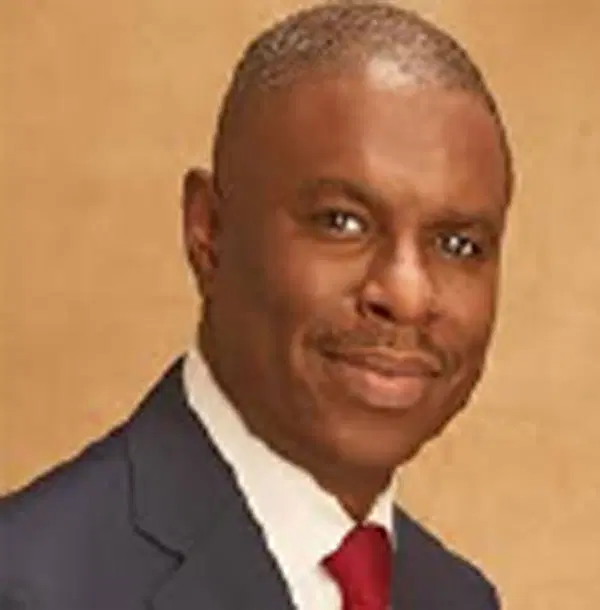Nigeria’s education sector is grappling with complex, urgent issues, including low quality, inadequate funding, limited access, and an outdated curriculum. A recent World Bank report highlights the sector’s severe underfunding, with only about 7% of the federal budget allocated to education in 2024—far below UNESCO’s recommended 15-20% for effective change. This funding gap has exacerbated challenges across all levels of education, impacting the economy and contributing to unemployment, poverty, and inequality. To boost Nigeria’s global competitiveness, transformative reforms in education are critical.
The appointment of Dr. Tunji Alausa as Nigeria’s new Minister of Education marks a significant commitment to educational reform. His selection underscores a focus on competency, experience, and integrity, signaling a shift toward impactful policies that emphasize transparency and accountability. Dr. Alausa’s leadership offers hope for essential reforms that could reshape Nigeria’s educational landscape.
Primary Education: Challenges and Solutions Over 10.5 million Nigerian children are out of school, the highest rate globally, with the majority in the Northern regions where poverty and conflict are prevalent. Primary schools often lack basic resources, from clean water and classrooms to teaching materials, which discourages learning. To address this, extensive policy changes are required, alongside funding security for primary education. Local governments (LGAs) are tasked with primary education funding, yet this remains largely unfeasible in practice. A cohesive policy where all levels of government contribute to funding primary education could ensure consistency, while enhanced school inspectorates can uphold standards.
Secondary Education: Bridging the Gaps Low transition rates and high dropout rates plague secondary education, driven by poverty, child labor, and poor infrastructure. With limited access to science laboratories, many secondary students lack the foundation for careers in STEM fields, vital for Nigeria’s future. Targeted interventions are needed, particularly for marginalized communities. For example, the Better Education Service Delivery for All (BESDA) program, which supports school re-enrollment, has shown success in states like Kano and Katsina. Additionally, initiatives aimed at increasing girls’ enrollment are essential, as girls constitute over 60% of out-of-school children. Gender-focused programs can help reduce educational disparities and promote inclusivity.
Tertiary Education: Enhancing Quality and Relevance In tertiary institutions, Nigerian universities face overcrowded classrooms, limited research funding, and frequent staff strikes. Inadequate research support and underqualified teaching staff have limited Nigeria’s academic output. With a graduate unemployment rate of 33%, there is a glaring disconnect between university curricula and market-relevant skills. Enhancing teacher recruitment, training, and professional development is crucial to ensure educators possess the expertise needed for high-quality instruction.
Six Focus Areas for Education Reform Immediate reforms across six areas can lay the foundation for a stronger education system in Nigeria:
- Funding Primary Education: Secure, multi-tier government funding for primary education and revitalized school inspectorates to monitor standards.
- Addressing Out-of-School Children: Targeted interventions in rural and marginalized areas, as well as programs like BESDA, to re-enroll children.
- Promoting Gender Parity: Programs focused on girls’ education to reduce dropout rates and encourage completion.
- Establishing Quality Standards: Setting benchmarks and accountability systems across educational levels to drive excellence.
- Teacher Training and Certification: Enhancing recruitment, certification, and ongoing development for teachers, with a focus on skill-building.
- Expanding Access and Equity: Infrastructure and policy support for underserved areas to bridge the urban-rural education gap.
With Dr. Alausa at the helm, there is renewed optimism for meaningful reforms that will drive education forward, fostering a generation equipped with the skills and knowledge needed for Nigeria’s socio-economic growth

